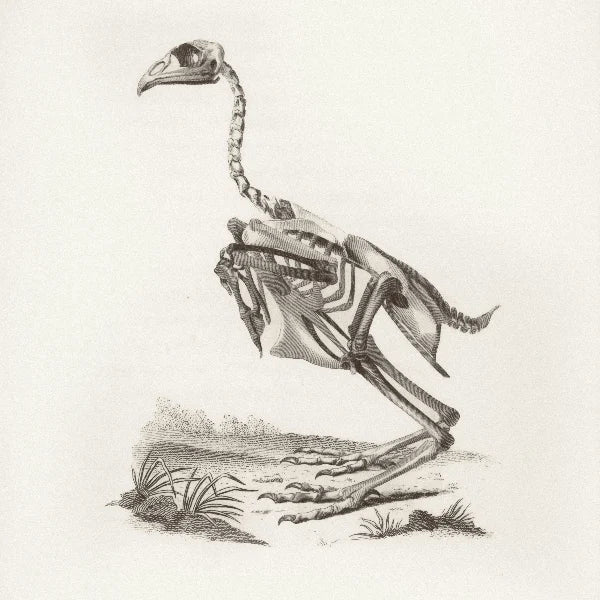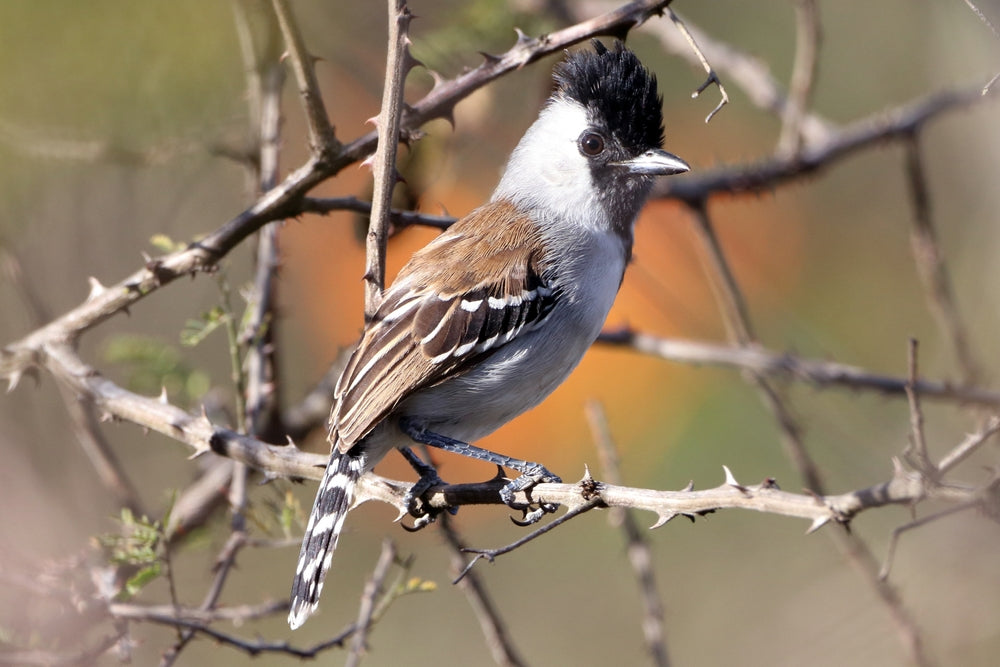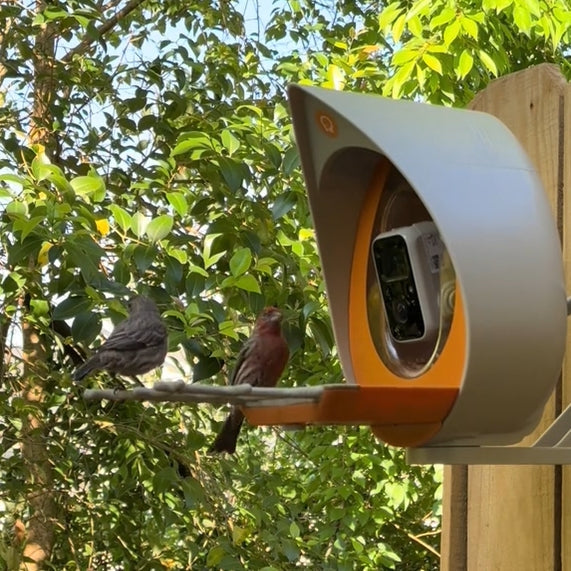Exploring the Link Between Reproduction and Cancer in Birds
Recent research from Arizona State University (ASU) delves into why certain bird species are more susceptible to cancer than others. The study, one of the largest of its kind, analyzed over 5,700 bird necropsies from 108 species, revealing a notable correlation between high reproductive rates and increased cancer risk. Birds that lay more eggs per clutch seem to divert energy away from DNA maintenance, making them more prone to cancer. This discovery underscores the evolutionary trade-offs between reproduction and survival.
Implications for Human Cancer Research
Understanding how birds manage their energy allocation provides valuable insights into cancer mechanisms that could be applicable to human health. Birds generally exhibit lower cancer rates compared to mammals, a phenomenon that ASU researchers, including Carlo Maley, aim to unravel. By studying these avian strategies, scientists hope to uncover new methods for cancer prevention and treatment.
Evolutionary Trade-Offs and Life History Theory
The research leverages life history theory, which examines how organisms balance energy use between reproduction and bodily maintenance. The findings suggest that species investing heavily in reproduction may sacrifice their ability to repair DNA, thus increasing cancer susceptibility. This trade-off highlights how evolutionary pressures shape the health and longevity of different species.
Future Research Directions
This study opens new avenues for investigating the molecular mechanisms behind cancer resistance in birds. Further research may explore how ecological factors influence cancer rates in wild bird populations and identify the strategies used by low-cancer species. These insights could enhance conservation efforts and improve health management for both avian and human populations.
PeckPerk Smart Bird Feeder: Enhancing Bird Watching and Conservation
As we gain deeper insights into avian health, products like the PeckPerk Smart Bird Feeder play a crucial role in supporting bird populations. The PeckPerk Smart Bird Feeder not only provides a convenient way to feed birds but also features smart technology to monitor and record bird activity. By attracting a variety of species to your backyard, it offers a unique opportunity to observe and contribute to bird conservation efforts. This feeder can aid in data collection for ongoing research, helping scientists track bird health and behavior patterns in real-time. You can find more details about this innovative feeder here.
Conclusion
The ASU study on bird cancer susceptibility not only advances our understanding of avian biology but also offers potential breakthroughs in human cancer research. By examining the evolutionary trade-offs in birds, scientists can develop innovative strategies to combat cancer, benefiting both veterinary and medical fields. Integrating tools like the PeckPerk Smart Bird Feeder into your backyard can enhance your bird-watching experience while supporting important research and conservation efforts.
For more details on this groundbreaking research, you can read the full article here.




Leave a comment
All comments are moderated before being published.
This site is protected by hCaptcha and the hCaptcha Privacy Policy and Terms of Service apply.